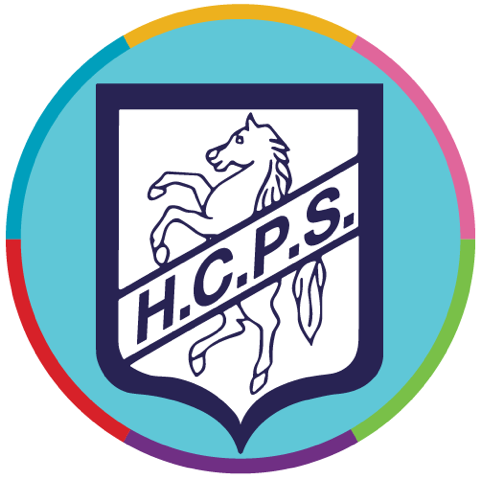Languages Curriculum Vision
Intent
Our Language Curriculum embodies our values of:
Personal Excellence by expecting all children will achieve their full potential by encouraging high expectations and excellent standards in their foreign language learning. It will inspire children to be willing and able to continue studying languages beyond key stage 2, becoming life-long language learners.
Respect and Friendship by ensuring children can develop relationships between language and identity, developing a deeper understanding of other cultures and the world around them with a better awareness of self, others, and cultural differences.
Inspiration by learning to take risks and develop a genuine interest and positive curiosity about foreign languages, finding them enjoyable and stimulating.
Determination and Courage by challenging children to develop a critical understanding of the importance of foreign languages impact on daily life and the wider world. Pupils will learn how to take risks, becoming resourceful, innovative, enterprising, and capable citizens.
Equality by learning a second language, children will develop a deeper understanding of the world around them with a better awareness of self, others, and cultural differences.
We incorporate, wherever possible, the work within the topics making links with other curriculum areas, particularly mathematics, science, computing, and art. The children will be able to use and apply their learning in a variety of contexts, laying down solid foundations for future language learning and helping the children improve overall attainment in other subject areas. Children will be taught how to look up and research language they are unsure of.
Implementation
At Halstead Community Primary School children in key stage 1 do not cover Modern Foreign Languages, however, where cross curricular topics allow, they will:
Speaking and Listening
· Listen to simple spoken sentences and show understanding by simple responses.
· Listen and join in with poems, songs, and rhymes.
· Repeat and Pronounce simple MFL words correctly.
Reading
· Find and read familiar words
Writing
· Copy familiar words
Culture
· Locate countries on maps
· Begin to understand some differences and similarities in their cultures
Then in key stage 2 the children will be taught to develop their techniques, progressively acquire, use, and apply a growing bank of vocabulary, language skills and grammatical knowledge. This will involve teaching children:
Speaking and Listening
· Listen attentively to spoken language and show understanding by joining in and responding
· Explore the patterns and sounds of language through songs and rhymes and link the spelling, sound and meaning of words
· Engage in conversations; ask and answer questions; express opinions and respond to those of others; seek clarification and help
· Speak in sentences, using familiar vocabulary, phrases and basic language structures
· Develop accurate pronunciation and intonation so that others understand when they are reading aloud or using familiar words and phrases
· Present ideas and information orally to a range of audiences
Reading
· Appreciate stories, songs, poems and rhymes in the language
· Broaden their vocabulary and develop their ability to understand new words that are introduced into familiar written material, including though using a dictionary
Writing
· Write phrases from memory, and adapt these to create new sentences, to express ideas clearly
· Describe people, places, things and actions orally and in writing
Grammatical knowledge
· Understand basic grammar appropriate to the language being studied, including (where relevant): feminine, masculine and neuter forms and the conjugation of high-frequency verbs; key features and patterns of the language; how to apply these, for instance, to build sentences; and how these differ from or are similar to English
Culture
· Discover and develop an appreciation of a range of writing in the language studied
· Develop a wider understanding of the world
· Understand a deeper and develop a curiosity of other cultures
Key skills and knowledge for Modern Foreign Languages are taught using the Language Angels Scheme of Work on a two year cycle.
Impact
Through our Modern Foreign Language curriculum, the children will:
· Continuously build on their previous knowledge as they progress in their foreign language learning journey through the primary phrase.
· Previous language will be recycled, revised, recalled and consolidated whenever possible and appropriate.
· Understand and respond to spoken and written language from a variety of authentic sources
· Speak with increasing confidence, fluency and spontaneity, finding ways of communicating what they want to say, including through discussion and asking questions, and continually improving the accuracy of their pronunciation and intonation
· Can write at varying length, for different purposes and audiences, using the variety of grammatical structures that they have learnt
· Discover and develop an appreciation of a range of writing in the language studied
Therefore, our curriculum will engage children and develop their knowledge, skills and understanding of speaking and listening, reading, writing, grammatical knowledge and culture within Modern Foreign Language.

